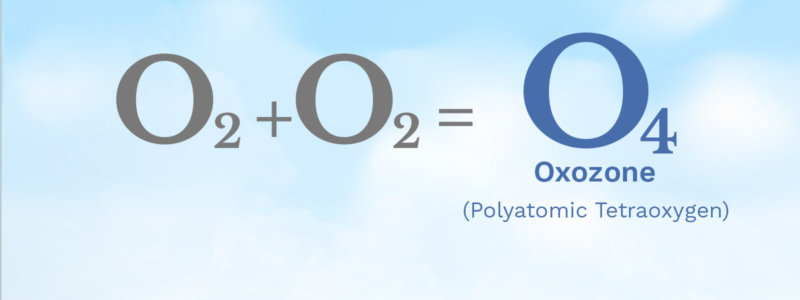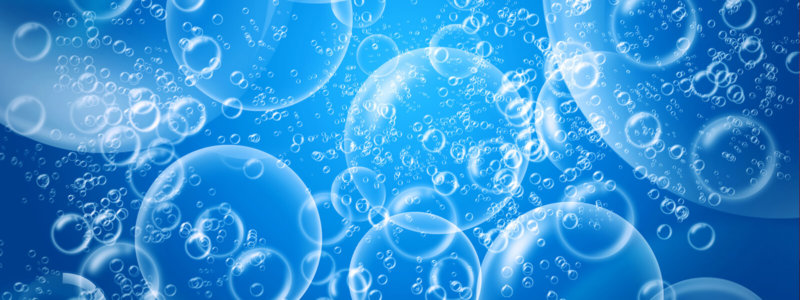Are Vitamins Necessary for Oxygen Usage?
Your body needs oxygen. And vitamins are necessary for oxygen usage. More specifically, the cells in your body need oxygen to do their jobs. Jobs such as carrying out metabolism, producing enough energy for you to live, and supporting your physical and mental activities. In your lungs, your red blood cells pick up oxygen, transport it throughout your bloodstream, and then deliver it to cells that need it. Your body requires iron and a variety of vitamins to keep high levels of oxygen in your blood and ensure an increased number of healthy red blood cells. According to the Mayo Clinic, nutrition may prevent anemia and unhealthy red blood cells. However, hypoxemia (or low blood oxygen) can be a severe medical condition that requires a doctor’s attention.
Vitamins Necessary for Oxygen Usage
Iron
Iron is the mineral best known for binding to oxygen and then ferrying it throughout the body. Nonheme iron is the form you get from plant-based sources of iron, such as potatoes, prunes, beans, lentils, and nuts.
Copper
Copper helps form several enzymes, one of which assists with iron metabolism and the creation of hemoglobin, which carries oxygen in the blood.
Vitamins for Heme
If your blood oxygen levels are low, it could be because you are not getting enough pantothenic acid, vitamin B-5, and vitamin B-6. Vitamin B6 makes your blood work better. These vitamins are essential for synthesizing heme, the protein part of the hemoglobin molecule that carries iron and oxygen in your blood. These vitamins are in a wide range of foods, such as fish, chicken, vegetables, nuts, and lentils.
More about Vitamin B-6
Vitamin B6 may have given rise to Earth’s first oxygen-producing organisms, according to researchers at the University of Illinois. Around 2.4 billion years ago, the planet experienced a huge spike in atmospheric oxygen levels. Scientists have long held that this rise in oxygen, called the Great Oxygenation Event, was tied to the arrival of the first photosynthetic organisms. (Oxygen is a byproduct of photosynthesis, which uses sunlight to turn carbon dioxide into sugary foods.) But nobody knew why these oxygen-producing organisms emerged in the first place. Researchers found that the oldest oxygen-based process involved the production of pyridoxal, a form of vitamin B6, about 2.9 billion years ago, the same time that the enzyme manganese catalase appeared.
Vitamin B6 may have given rise to Earth’s first oxygen-producing organisms, according to researchers at the University of Illinois. Around 2.4 billion years ago, the planet experienced a huge spike in atmospheric oxygen levels. Scientists have long held that this rise in oxygen, called the Great Oxygenation Event, was tied to the arrival of the first photosynthetic organisms. (Oxygen is a byproduct of photosynthesis, which uses sunlight to turn carbon dioxide into sugary foods.) But nobody knew why these oxygen-producing organisms emerged in the first place. Researchers found that the oldest oxygen-based process involved the production of pyridoxal, a form of vitamin B6, about 2.9 billion years ago, the same time that the enzyme manganese catalase appeared.
— LiveScience.com
Vitamin B-12
A vitamin B-12 deficiency can lead to megaloblastic anemia, which includes low blood oxygen levels along with symptoms of fatigue and shortness of breath. The good news is this deficiency is rare among individuals who eat a varied diet—however, strict vegetarians, or vegans, maybe at the most significant risk for vitamin B-12 deficiency. The only natural sources of vitamin B-12 are animal-based foods like fish, yogurt, milk, chicken, beef, and shrimp. However, it is also in many fortified kinds of cereal.
Vitamin C
Vitamin C can then disarm the free radicals. According to the Linus Pauling Institute Micronutrient Information Center, Vitamin C increases your body’s ability to absorb iron (in its nonheme form). Vitamin C does not affect the absorption of heme iron from animal-based sources. Some of the best sources of vitamin C are citrus fruits, such as oranges, grapefruits, and their juices, tomatoes, onions, strawberries, bell peppers, and potatoes.
Vitamin E
It may relate to transporting oxygen through blood and longevity; it may be a protection against red blood cell destruction.
Vitamin A
Vitamin A deficiency makes iron deficiency more severe, so if you have low blood oxygen levels, be sure to take enough vitamin A, according to the Linus Pauling Institute. There is Vitamin A in meats, cod liver oil, carrots, sweet potatoes, spinach, mangoes, melon, pumpkin, and fortified milk. Vitamin A from fruits and vegetables does not lead to symptoms of toxicity, but it is possible to get toxic doses of vitamin A from meat or dietary supplements. Consult your doctor to reduce your risk of symptoms such as headaches, fatigue, or muscle aches.
Besides vitamins necessary for oxygen usage, there are other nutrients to consider, like minerals and complex carbohydrates.
Complex Carbohydrates
Complex carbohydrates in unprocessed fruits and vegetables give your brain and body the sustained energy it requires. Specifically, they increase your blood’s ability to transport oxygen and stabilize your blood sugar level. Starchy vegetables like potatoes, yams, carrots, beets, and winter squash are excellent sources of complex carbohydrates.
And a scientific study, The Crucial Role of Oxygen for Health, concludes the following:
Proper perfusion of oxygen to tissues and organs throughout the body is crucial for optimal health. Hypoxia has been associated with a number of health concerns, whereas administering oxygen in a hyperbaric chamber or improving sleep apnea has been beneficial in cardiovascular health, immunity, cognitive function, and other disorders. Improvement in oxygen perfusion can be achieved through the utilization of dietary supplements such as CoQ10, Ginkgo biloba, beetroot juice, omega-3 fatty acids, and branched-chain amino acids. Furthermore, individuals diagnosed with sleep apnea or at risk of sleep apnea should be tested for vitamin D insufficiency and supplementation be implemented accordingly. Omega-3 fatty acids and NAC may also be beneficial in this population.
While using an oxygen supplement like OxygenSuperCharger™, ensure your diet has all the necessary vitamins for oxygen absorption and overall health.
-
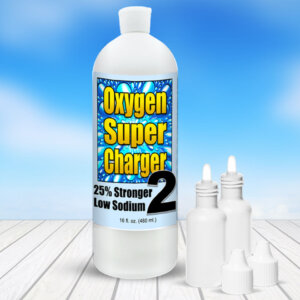
Ultra Strength OxygenSuperCharger2, 25% Stronger, 16–Ounce Bottle
$119.97 Add to cart -
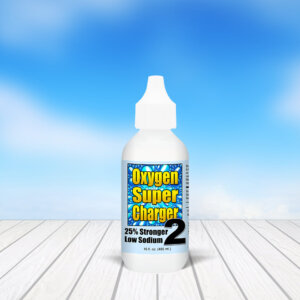
Ultra Strength OxygenSuperCharger2, 25% Stronger, 2–Ounce (Sample Size)
$35.97 Add to cart -
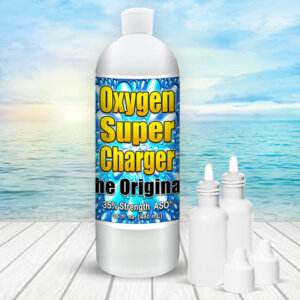
Original 35% Strength OxygenSuperCharger, 16–Ounce Bottle
$96.97 Add to cart -
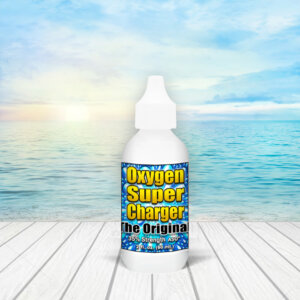
Original 35% Strength OxygenSuperCharger, 2–Ounce (Sample Size)
$27.97 Add to cart -
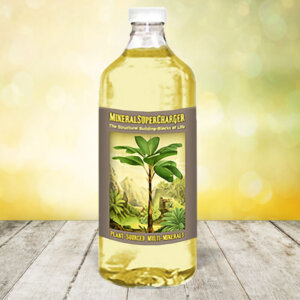
MineralSuperCharger, Premium Multi-Mineral Supplement, 32-Ounce Quart
$98.97 Add to cart -
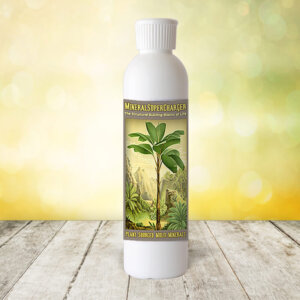
MineralSuperCharger, Premium Multi-Mineral Supplement, 8-Ounce (Sample Size)
$29.97 Add to cart -
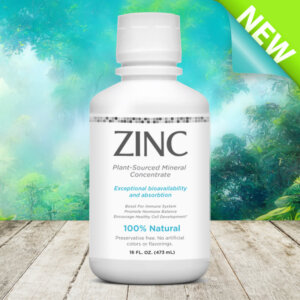
Zinc – Plant-Sourced Mineral Concentrate, 16-ounce
$24.97 Add to cart -
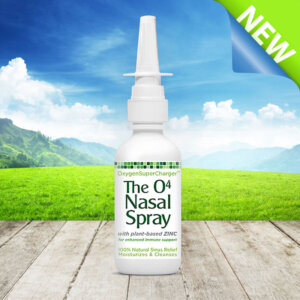
O4 Nasal Spray with Zinc
$14.97 Add to cart

